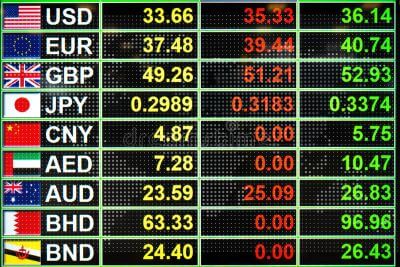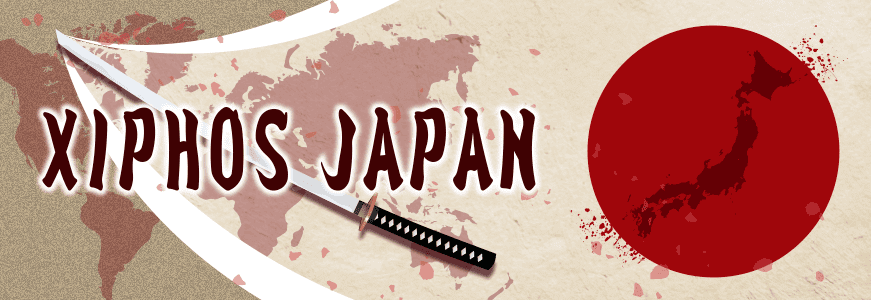 Happy New Year. “I look forward to working with you again this year.”
Happy New Year. “I look forward to working with you again this year.”
For the past few years, not only Japan but the world has been roiled by the corona virus. There are some hopeful observations that the world will calm down a little in 2023, but it seems that not only the coronavirus, but also the Ukraine problem is still unpredictable.
Now, as for the current measures against coronavirus in the world, the borders are open, but the spread of coronavirus in China is expanding so much that the WHO has issued a warning. In addition, there is a fear that the corona will explode again in conjunction with the Chinese New Year’s mass migration, and attention is being paid to the future response of each country.
As part of their anti-coronavirus policies, Western countries are implementing border policies such as PCR test certificates for those entering the country from China. Implemented a surprising policy called suspension of issuance. As a result, it is possible to enter Japan from within China, but it is not possible to enter China from Japan, creating a very distorted relationship.
Normally, as a common sense of the international community, what was done does the same thing. In other words, Japan should also suspend the issuance of visas within China, but is China money still attractive to the Japanese economy, which has been exhausted by the corona virus? may be difficult.
Japan had chosen a zero interest rate policy, but the US Federal Reserve Board (FRB) has implemented consecutive interest rate hikes. Following the Fed, the European Central Bank (ECB) also raised interest rates for four consecutive meetings, and the US dollar/yen exchange rate exceeded 150 yen for the first time in 32 years since 1990. became. Since it was 115 yen at the end of 2021, it is calculated that the yen has depreciated by 30.5% in 10 months.
Meanwhile, the Bank of Japan implemented foreign exchange intervention for the first time in 24 years in an attempt to stabilize the exchange rate. It was announced that the amount was 6.3 trillion yen. Thanks to the Bank of Japan’s foreign exchange intervention, the depreciation of the yen stopped temporarily, but it was only temporary, and it was not possible to stop the flow of the yen’s depreciation.
Due to the Ukraine problem, the price of food such as wheat is soaring, and the price of energy is spurred. Currently, Japan depends on overseas for most of its resources and food, and in addition to the soaring global prices due to shortages of goods, The double punch of the depreciation of the yen caused great damage to ordinary households.
In Japan, where salaries have not risen compared to other countries and the scars of the corona virus have yet to heal, an increasing number of companies are going bankrupt. The government and the Bank of Japan finally raised the interest rate by 0.5%, and the US dollar/yen rate finally broke below 130 yen and regained stability at around 128 yen.
Major central banks around the world have continued to raise interest rates, and considering the current situation, it can be said that this is the only policy that can be selected. Perhaps because of the impact on those who have formed a type), when receiving additional loans from financial institutions to continue company management or loans for starting a business, there is no choice but to receive loans at higher interest rates than the current situation. There is a possibility that it will be a hindrance to economic revitalization.
The term of office of the governor of the Bank of Japan is approaching, and depending on the decision of the next governor, it is expected that the yen will appreciate further, or whether financial reconciliation will be prioritized.







